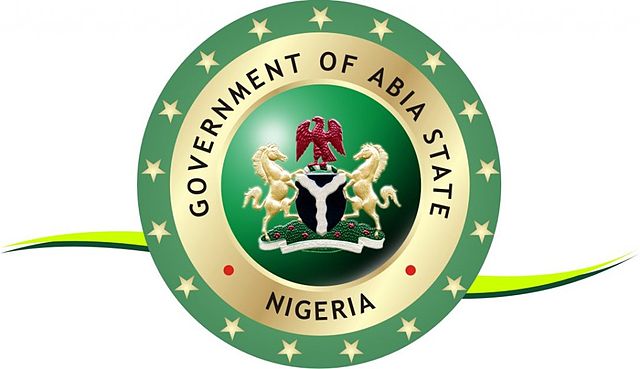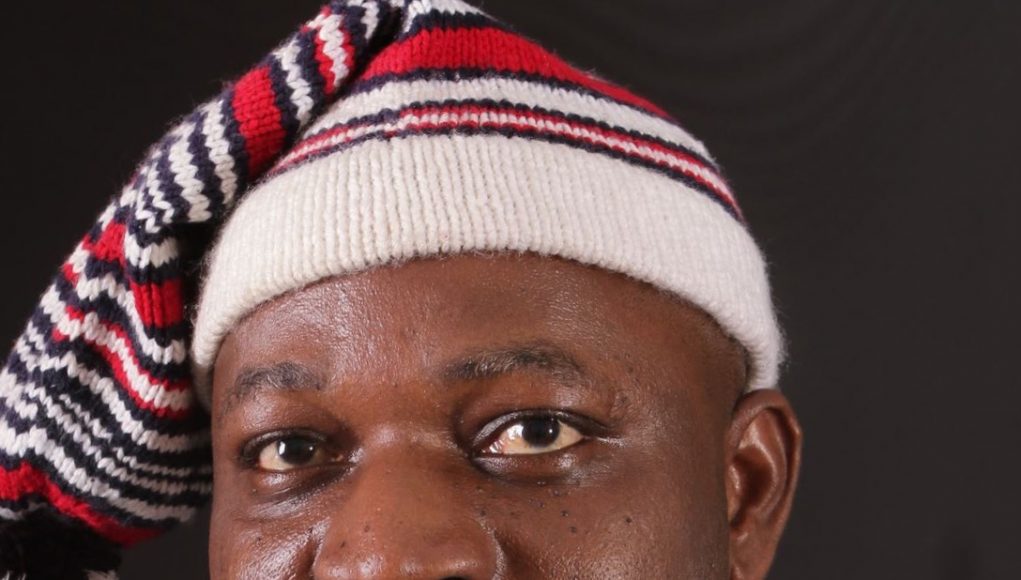By Chief John Okiyi
Recently, Abia State Commissioner for Finance, Mr Obinna Oriaku, in a statement titled “Our Position on Parastatals’ Salary Issues” enlightened the general public with facts on salary issues concerning the state parastatals and what government is doing to reverse the trend.
Following the insightful explanation he gave on the issue and the response of well meaning individuals to his statement, I deem it necessary to shed more light on the real issues behind the challenge the State parastatals are having with workers’ payment and leave you to share your views and suggestions.
First, I need to correct a misrepresentation of facts regarding the outstanding owed workers. To begin with, pensioners might have 17 months in unpaid wages but in March 2019 they received one month pay and just last week (May) they received another month’s pay.
So the notion that they have not been paid anything for the past 17 months is not correct. Same applies to all the parastatals with outstanding. In December 2018, for example, Governor Ikpeazu, ensured that every Abia worker in our MDAs and Parastatals as well as pensioners celebrated the Yuletide (Christmas) with a minimum of one month salary paid to him or her.
It is also on record that the majority of Abia workers are in our MDAs. And as at today, our MDAs are up to date with salary payment. They have already received April 2019 salary. The same applies to our primary school teachers who are not owed even a month’s salary.
Specifically on the parastatals’ salary issue, we currently have about 15 state parastatals and less than half of them have salary payment challenges. The majority of our parastatals are up to date with salary payment and some of them like Broadcasting Corporation of Abia State (BCA) are also up to date with pension payments. Kindly feel free to verify from any BCA pensioner if he or she is owed any pension.
That being said, note that there is no state in Nigeria without ailing parastatals. It will not be fair to generalize and say because workers of Odumegwu Ojukwu University, for example, are currently on strike over wage issues, Governor Willy Obiano is not paying Anambra workers.
And to those who dwell on rhetorical questions like “who appointed the heads”? it is important to point out that the same person who appointed the heads of the parastatals that are not doing well, also appointed the head of the successful parastatals.
And pertinently, Abia government is systematic and decisively doing the needful towards changing the precarious situation with parastatals and pensioners, and interestingly in a manner that will serve the best interest of our about 38,000 workers and the more than four million other Abians who also need dividends of democracy such as good roads, hospitals, schools etc.

At this juncture, is important to note that as obtainable in other states, there are industrial units statutorily defined as parastatals with political authority and serving the state indirectly in Abia State. The laws setting up these parastatals confer on them extensive financial and management autonomy such that they can generate revenue, through their day to day operations, and deploy same to run their operations without remitting any portion to the state government as long as it serves the purpose of good governance and service delivery to the people.
The managers of state and federal parastatals have direct responsibility for the payment of workers and in Abia State the government has long advised them to make workers wage payment a first charge on their internally generated revenue.
Factually, note that while Ministries, Departments and Agencies (MDAs) of the state remit their revenues to State Government coffers and in turn workers in those MDAs are paid directly from state accounts, parastatals DO NOT remit their revenues to State Government accounts and their workers are NOT directly paid by the State Government.
This as in the case of some parastatals in Abia State, is the same with other states in the country. In the case of Abia, some parastatals that perform key roles in sensitive sectors of the state such as education and healthcare, the state government supports their operations through payment of subventions to assist them, especially where the revenue generated by such parastatals are not adequate to enable them perform their functions. For instance, those in the educational sector might not generate enough resources to pay workers and still procure essential teaching materials such as laboratory reagents, teaching aids etc.
It is important to note that subventions given to parastatals to support their operations are not necessarily to be applied to wage payment. One key characteristic of a parastatal is that their management set wage levels for their workers higher than what workers in state MDAs receive, in line with relevant industrial practices.
For instance, parastatal workers in higher educational institutions like Abia State University (ABSU), Uturu, are paid using the University Salary Scale while non teaching staff in Abia State Polytechnic (ABIAPOLY) are on CONTEDIS with the teaching staff on CONPCASS scale. Interestingly, workers in Abia State Polytechnic, Aba, receive higher wages than their counterparts in other state owned polytechnics in the south east region including IMT, Anambra State Polytechnic, Imo State Polytechnic and Ebonyi State Polytechnic.
Since the inception of the Ikpeazu administration, we have made several interventions to support ailing parastatals pay their workers as we view those affected workers equally as our citizens who also deserve their wages.
Note that shortly after Governor Okezie Ikpeazu , was inaugurated in 2015, he met with the management and labour stakeholders of AbiaPoly to deliberate on how to move the institution forward and clear unpaid wages. At that meeting, the team from AbiaPoly specifically requested that the Governor assist them pay off a debilitating high interest commercial bank loan of Two Billion Naira (N2,000,000,000.00) with the assurance that once that was off their plate they would be able to pay their workers with or without subventions from the state government.
Governor Ikpeazu graciously granted their request and paid off the N2bn loan and even continued to pay monthly subventions of N90m to the institution for many months. Yet, the institution is still owing its workers.
Apparently, the problem with this institution revolves around its low internally generated revenue, high wage bill of around N170m and bad corporate governance structure.
In addition to other challenges not mentioned, Abiapoly clearly has an over bloated workforce. For example; dozens canteen staff (in a non residential institution where catering services are provided by private persons who pay to the school for use of it’s facilities) and even a full compliment of medical services staff that included high earning medical doctors and nurses in a school where sick students are only expected to be stabilized and moved to neighboring healthcare institutions.
Recently, a senior lecturer at AbiaPoly rejected an offer to teach at Abia State University where he would likely have headed a new department and rapidly rise to professorship. His reason: he was receiving higher wages than professors at ABSU.
To this end, Abia State government under the leadership of Governor Okezie Ikpeazu is desirous of changing the narrative of AbiaPoly and is working with the management team to recommend options that will help the institution run better and pay workers as and when due.
We have noted efforts by the current management team to improve workers’ welfare, expand available courses with introduction of courses like Mass Communication, Shoe Making and Designs among others. We have also received the internal operational review report from the institution and as soon as the Executive Council of the State approves the implementation of the recommendations we will ensure that those managing the institution do the needful.
For the records, my note on the challenge with some Abia parastatals is not meant to give excuses or pass the buck. The focus is to further present to the General public issues around the distressed parastatals as well as what the Government is doing to bring the challenges to the barest minimum.
By Chief John Okiyi (Commissioner for Information, Abia State)






























